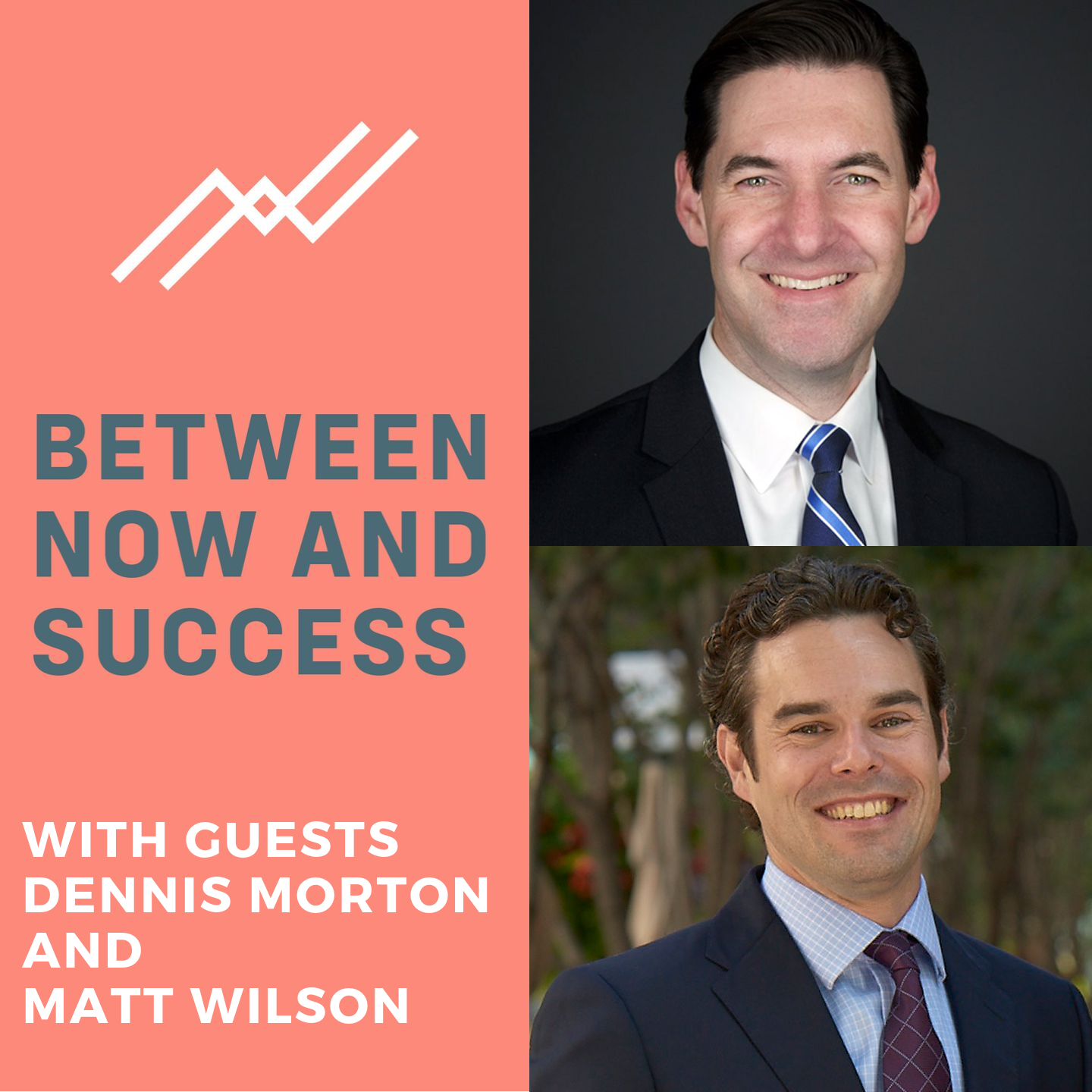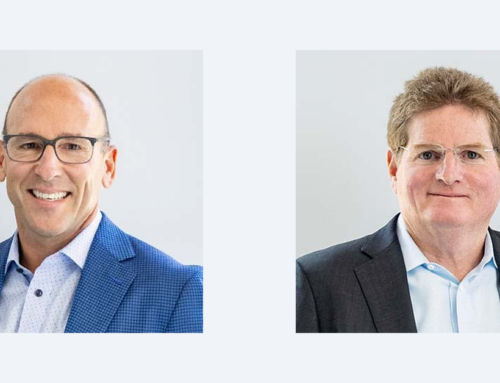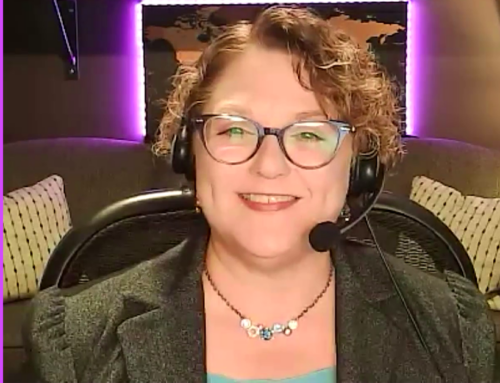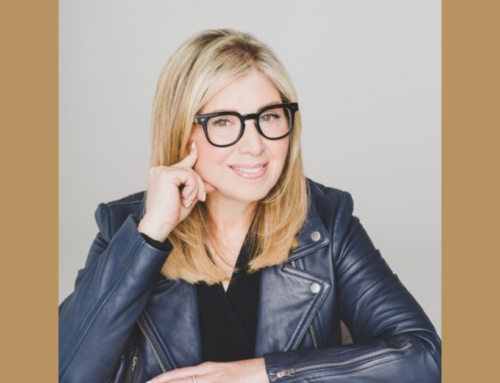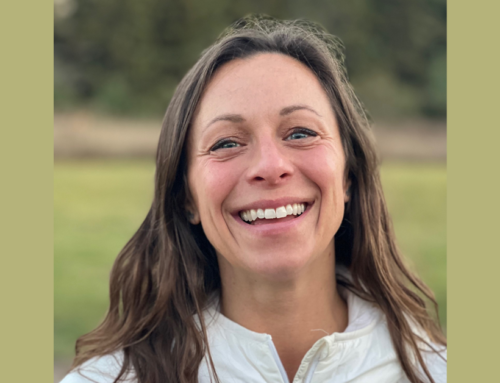When was the last time you talked to a Netflix employee about your account?
How about an Amazon employee?
I’m guessing for most of you the answer is: never. Netflix automatically charges my credit card every month and uses its algorithms to push content it thinks I’ll enjoy to my home screen.
A shipping problem or return request with Amazon is usually resolved with a couple swipes or clicks. It’s efficient customer service, but it’s all faceless, online, impersonal.
Now, when was the last time you stayed at a Ritz-Carlton or Four Season? How did that experience make you feel? Pretty darn good I bet!
The key to your success as an advisor is to marry the tech efficiency of an Amazon with the deluxe service of a Ritz-Carlton and underpin it with high technical competence. It’s really a three-legged stool—tech efficiency + deluxe service + technical competence.
I sometimes worry that our industry has become so obsessed with the tech efficiency leg of the stool that we are losing sight of what clients are really paying us for—helping them make better financial decisions so they can live their best life possible.
I couldn’t attend this year Wealth/Stack Conference, so I invited two of my favorite past guests who did attend to recap some of the key themes that emerged from the conference.
My guests today are Dennis Morton and Matt Wilson. Dennis is the co-founder of Morton Brown Family Wealth along with his partner, Kathryn Brown. Matt is the Chief Investment Officer and Managing Director of Keen Wealth Advisors along with his partner, Bill Keen.
Here are four major themes from the conference and our thoughts about each.
To read the full post about Wealth/Stack 2019 and the four themes you should be applying to your own business, enter your email address below to unlock the content.
Redefining what we do.
Josh Brown was one of the organizers of Wealth/Stack, and he opened the conference with a definition of a financial advisor that I think is spot-on:
“A good advisor is both coach and quarterback, on-demand psychologist and personal friend, historian and futurist. We are simultaneously the person in our client’s lives who gives them permission to enjoy the fruits of their labor, and the stern discipline they sometimes need when the fear or greed of the moment begins to take hold. We have to remain detached and business-like when it comes to their money, but personally invested and emotionally supportive when it comes to the challenges and triumphs of their lives. It’s a tricky thing, playing all these roles in our clients lives, but it’s this combination of skills, training and instinct that makes the value proposition of a true and capable fiduciary advisor incalculable – literally priceless.”
What Josh describes is an incredibly high bar and for advisors who check all those boxes, you’ll have job security for life.
Dennis believes that the energy he could feel at this year’s conference came from a large group of advisors who really bought-in to what Josh was talking about. He says, “It’s not about just the role that we used to have, it’s about all the potential for this role of financial advisor and I think the idea of embracing the accountability was really exciting. The group of professionals in that room I think were feeding off of that.”
Client interface vs. Client experience.
Dennis and Matt say that one theme that kept popping up in both keynotes and smaller breakaway sessions was the difference between a client interface and a client experience. This is an important distinction. For human financial advisors, the client interface is only one component of the client experience. For robo-advisors, it is the client experience.
I think this is where individual advisors and larger firms that want to position themselves as the “Amazons of finance” are missing the boat.
Yes, clients want to be able to access real-time portfolio information as easily as they order a ride from Uber or a book from Amazon. But that client interface is just table stakes now, especially with younger investors.
The question is: What happens when there’s a serious transition in your client’s life where they need your personal attention? Are you close enough with them that they can text you without feeling funny about it?
That’s where the importance of the client interface stops, and the need for a human-to-human client experience begins. How well do you score here?
Transcending tech.
“The technology piece is unavoidable,” Matt says, “because I do believe that we have to have those components to provide information to the clients in the format that they want. I think this advice about Amazon and Netflix and Uber, it seems to me like it’s a little bit geared maybe towards the younger generation that spends a significant amount of time on their phones and tablets. We have a lot of clients that are in the boomer generation that spend a lot of time on their phone and tablets as well, but maybe they’re just consuming content differently and consuming their relationships with their advisors differently.”
So the challenge for advisors is how to use tech to enhance—not replace—that relationship.
Look at United Capital, for example. They have a system that allows them to send personal video messages to clients as easily as most of us send emails. When I think about an interface like that, the experience it calls to mind isn’t Netflix. It’s the Ritz Carlton concierge who knows what I need before I need it. It’s the Walt Disney World staffer who goes the extra mile to make sure my family is truly immersed in an attraction. It’s a human touch powered by cool technology.
Peter Mallouk, the president of Creative Planning, was interviewed on stage by Barry Ritholtz and said, “Tech does not make a business great, people make a business great, but people say that but then don’t do it. I make sure I get to interview every hire last.”
The best advisors know that the most valuable and memorable services aren’t delivered by your tech stack. They come from you and your team.
Matt adds, “Key leaders in the industry, throughout the conference, they continued to say, ‘Yes, tech is important, but you have to focus on the people.’ It was a good reminder. Keep that focus on finding and developing the top talent. If we don’t have the right people, anything we want to execute is not going to happen or it’s not going to happen very well. Getting those right people in the right seats on the bus I think is crucial.”
Be clear on your business model.
Matt and Dennis were both struck by what a diverse group the 700-plus attendees were. Men and women, minorities, established pros and up-and-coming solo practitioners were all excited to share, learn, and bring home some ideas that would help their businesses grow.
There isn’t one simple business model that’s going to fit such a wide array of advisors all serving different client bases. And along those same lines, independent advisors are starting to realize that they can’t be everything to everyone. You can’t just “be United Capital” and emulate everything they’re doing. You can’t just copy Ritholtz’s social media game plan and expect to grow the same way.
Dennis says, “As I went through the conference and talked to other people they would say, ‘I was inspired to do this by so and so. I’m trying to emulate this person.’ You realize that we’re all pulling different elements out of there because we’re all at different stages with different aspirations. I like that and I like that there was that recognition that what’s good for you is going to be different for me, but we can learn from some of the same people. Being able to step back and say, ‘Yes, we can’t do all of this, but let’s have a thoughtful plan behind our marketing and the way we go about it. Behind our implementation of our CRM or our technology.’ Have a process and then overlay all of the other things.”
Instead of trying to be everything to everyone, advisors need to land on a specific business model with a targeted niche and be the very best at serving that audience. Think about what you can do differently than your competition. What’s working for other advisors that you can tailor to your audience? How can you use social media effectively while also speaking in your own voice? How can you distinguish yourself with your unique resources and expertise? Which clients can you serve better at your level than a larger firm can?
Both Dennis and Matt agree that specializing in investment management is a risky proposition for most financial advisors.
“The future is about comprehensive financial planning,” Matt says. “It’s tax strategies and different types of retirement planning and how to deliver customized investment solutions, not just these cookie cutter models. You can see the industry going in that direction and we’ve definitely been focused on that at our firm for a significant amount of time because that’s what we believe in. It’s a way to differentiate yourself but also deliver what the client needs at the right time.”
Life-centered planning, social media, seminar marketing, email marketing … We’ve never had so many tools at our disposal to customize our firms, our message, our ideal client base. But none of these things is going to grow your business overnight. Finding the right mix of tech and personal touch is an on-going iterative process for advisors.
Dennis says, “When they asked Joe Duran what he would do if he were starting over today knowing what he knows now, his key was to be patient. I think this is such an exciting time to be in this industry. There’s so much disruption happening, but you really feel like there’s a lot of improvement and good things that are occurring. Be patient and don’t feel like you have to do it all right now because as he put it, that’s where the mistakes are made. Just be more patient.”
The 2019 Wealth/Stack conference was a resounding success. I look forward to attending it in 2020.
Resources
– How To Design A “Day 1” Advisory Firm That Endures For Decades My conversation with Dennis Morton and Katie Brown
– Key Insights From The 2018 Barron’s Top Independent Advisors Summit Matt Wilson and Bill Keen discussing tech and Life-Centered Planning.
– Keen on Retirement Matt Wilson is a regular guest on the podcast I co-host with Bill Keen.
– Values Clarification Toolkit Click here to download this FREE tool and start living your values.

